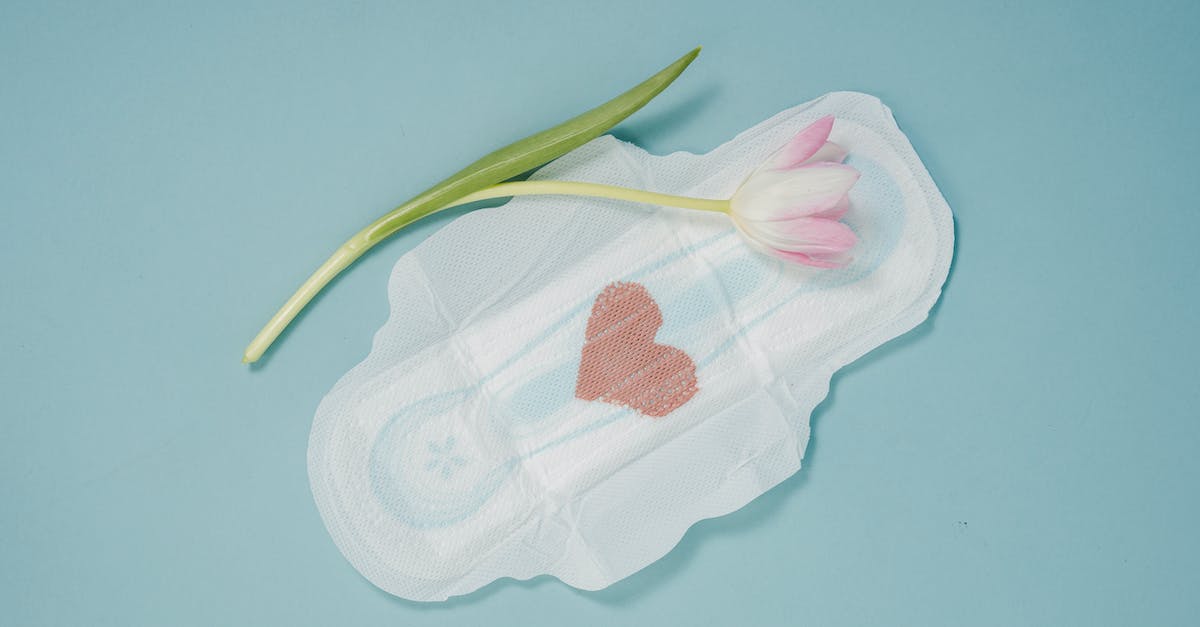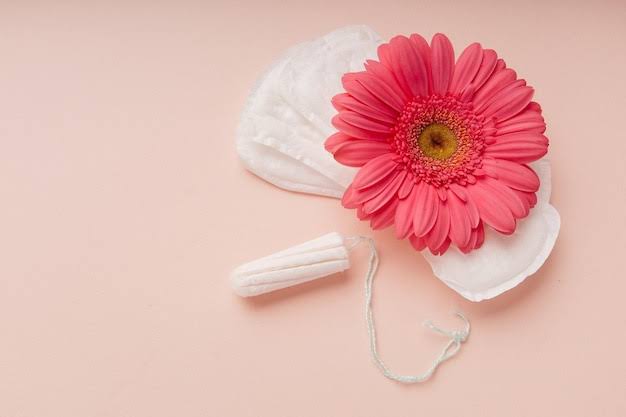We all want to ensure that the products we use are safe and won’t harm our health in the long run. But if you’ve ever wondered if sanitary pads can cause cancer, you’re not alone. The internet is flooded with conflicting information, leaving us in a state of confusion. In this article, we’ll explore the safety of sanitary pads. We’ll address the ongoing studies that have raised concerns about the potential link between certain ingredients in sanitary pads and genital cancer.
Contents
Are Sanitary Pads Safe?

Whether sanitary pads are safe remains a complex question with no easy answer. Generally, when used correctly and changed regularly, they are considered safe for most women. However, some individuals with sensitive skin may experience irritation from the materials used, and trace amounts of potentially harmful chemicals like dioxins and VOCs have been detected in certain brands.
Specific concerns exist regarding Toxic Shock Syndrome (TSS), a rare but serious bacterial infection associated with tampon use, and the potential presence of endocrine disruptors like fragrance and adhesives in some pads. These chemicals can interfere with hormones, though their long-term health effects remain unclear.
To ensure safety, consider opting for pads made from natural materials, avoiding those with fragrances or additives, changing them frequently, and using the appropriate size for your flow. If any discomfort or irritation occurs, consult your doctor.

Health Concerns with Sanitary Pads
While sanitary pads are essential menstrual hygiene products for many individuals, some health concerns have emerged regarding their use. Here’s a closer look at the potential risks and how to minimize them:
Skin Irritation:
-
- Materials: Synthetic materials used in pads can irritate sensitive skin, causing itchiness, redness, and discomfort.
- Fragrances and dyes: Added fragrances and dyes can further irritate the delicate skin around the vulva.
- Friction: Wearing pads for extended periods can create friction, leading to chafing and soreness.
Chemical Exposure:
-
- Dioxins and Volatile Organic Compounds (VOCs): Traces of these chemicals have been found in some pads, although their long-term health effects are still being studied.
- Endocrine disruptors: Chemicals like Bisphenol A (BPA) and phthalates are suspected to interfere with hormonal balance and might be present in some pads.
- Absorption of chemicals: The absorbent core of pads may increase the risk of chemicals being absorbed through the vaginal mucosa.
Toxic Shock Syndrome (TSS):
-
- Rare but serious: TSS is a bacterial infection linked to tampon use, but can also occur with pads in rare cases.
- Symptoms: TSS symptoms include high fever, vomiting, muscle aches, and dizziness.
- Immediate medical attention: If you suspect TSS,

Safety Measures for Using Sanitary Pads
While generally considered safe when used correctly, sanitary pads can pose potential risks for some individuals. Here are some safety measures to consider:
Reduce Skin Irritation:
- Choose organic cotton or natural fiber pads.
- Avoid pads with fragrance, dyes, or other additives.
- Change your pad frequently, especially during heavy flow.
- Wipe front to back to prevent bacteria from spreading.
- Wash your genital area with gentle, fragrance-free soap.
- Apply a soothing cream or lotion if irritation occurs.
Minimize Chemical Exposure:
- Research brands for transparency about ingredients.
- Choose brands known for using safer chemicals.
- Avoid pads with added fragrance or odor control.
- Consider organic or biodegradable options.
- Look for certifications like GOTS or Oeko-Tex Standard 100.
Reduce Risk of Toxic Shock Syndrome (TSS):
- Change your pad at least every 4-8 hours, regardless of fullness.
- Do not use the same pad for more than 8 hours.
- Avoid using super-absorbent pads for extended periods.
- Be aware of TSS symptoms like fever, vomiting, and muscle aches.
- Seek immediate medical attention if you suspect TSS.
By following these safety measures, you can minimize the potential risks associated with using sanitary pads and ensure a comfortable and healthy menstrual experience.
Frequently Asked Questions
Are there harmful chemicals in sanitary pads?
Some sanitary pads may contain harmful chemicals such as phthalates. Tests have shown that both inorganic and organic sanitary pads can contain these chemicals in varying concentrations.
How many times should you change your pad a day?
It is recommended to change your pad every 3 to 4 hours, especially if your flow is heavy or if you are active. This helps maintain hygiene and prevent unpleasant odors.
What is the safest sanitary product?
There are various nontoxic period products available, such as organic sanitary pads. It is important to choose products that are free from harmful chemicals and provide comfort and adequate absorbency. It is recommended to do research and read reviews to find the safest option for you.
I am a medical student with experience and interest in Women’s health and well-being.